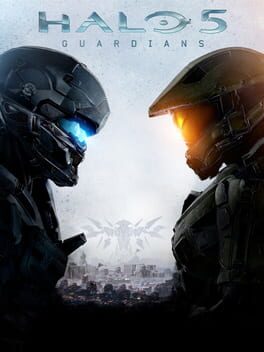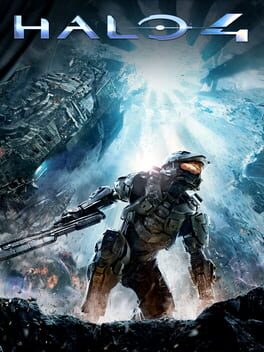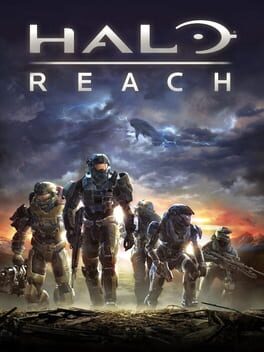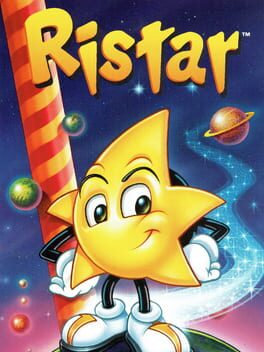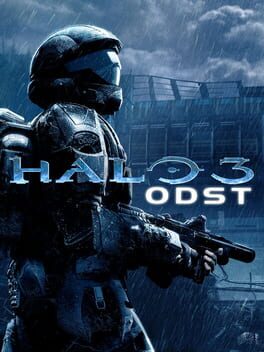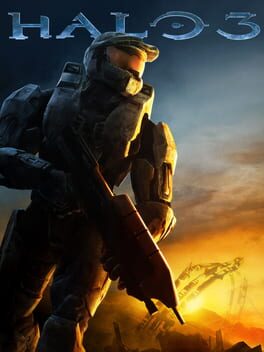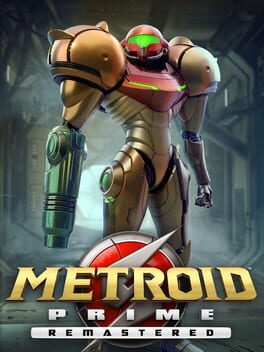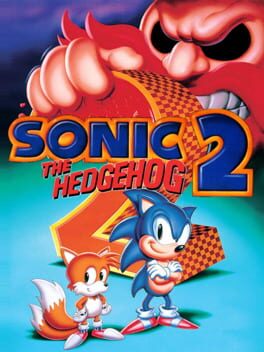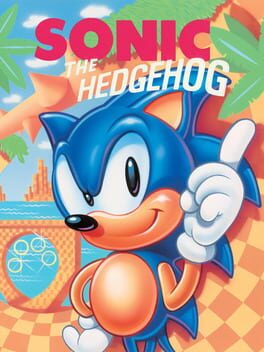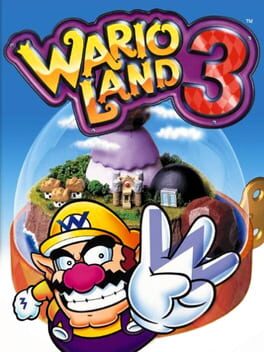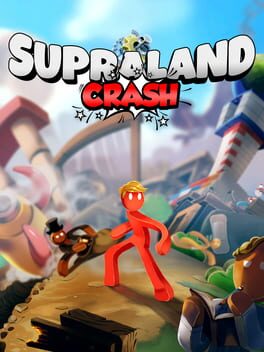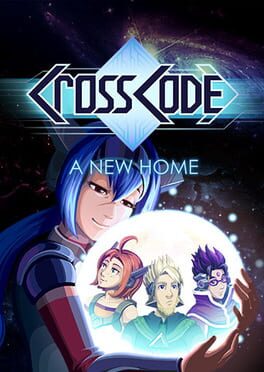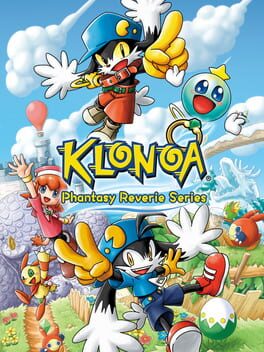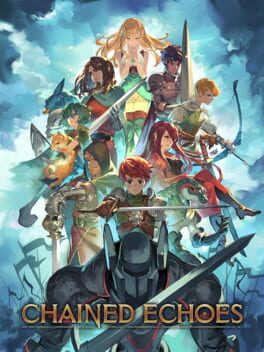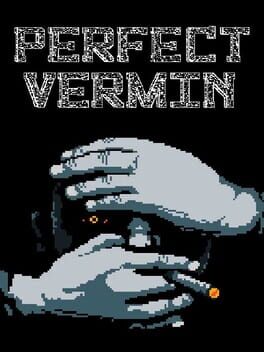Illusionary
2015
Campaign completed on normal difficulty with 100% of intel collected. As the first true Xbox One game in the franchise, Halo 5 is a solid enough first-person shooter with suitably large scope to many of its levels and enhanced graphical polish, alongside the same impactful gunplay that's now well-developed. Clearly the campaign design is increasingly built around the potential for co-op gameplay, taking place with entirely squad-based encounters; it's nice to see, though, that a 'revive' ability now works (in both directions) with AI allies, though the apparent increased in survivability felt like it was somewhat offset by less damage resistance overall.
Sadly, the story underlying the game's events doesn't feel overly memorable; while it's still focused on Master Chief (and Cortana), with over half of the playtime spent controlling another Spartan, new to the franchise, it's hard to get as invested in events - and I can see why Halo 5 gets a fair bit of fan 'hate' as a result. From the perspective of someone without much sense of investment in the series, this wasn't too much of a detriment to my experience with Halo 5 and I still enjoyed my time with the game on the whole.
Sadly, the story underlying the game's events doesn't feel overly memorable; while it's still focused on Master Chief (and Cortana), with over half of the playtime spent controlling another Spartan, new to the franchise, it's hard to get as invested in events - and I can see why Halo 5 gets a fair bit of fan 'hate' as a result. From the perspective of someone without much sense of investment in the series, this wasn't too much of a detriment to my experience with Halo 5 and I still enjoyed my time with the game on the whole.
2012
Campaign completed on normal difficulty. A solid entry in the Halo series that I enjoyed despite seemingly a relatively poor reputation, Halo 4 certainly feels the most modern of the games in The Master Chief Collection, nicely polished throughout and with very lengthy missions (for better or worse, depending on your preference!) of impressive scope. The core story isn't particularly memorable, but the plight of Cortana and the ongoing relationship between her and the Master Chief works well to support this, lending a sense of emotion events. The introduction of the Prometheans as a major opposing faction changes up the cadence of many encounters significantly, especially when three-way fights break out, and also brings with it an interesting new set of weaponry.
2010
Campaign completed on normal difficulty. I can't say that I have much investment in Halo lore, but was pleasantly surprised to find that the epic story of the fall of planet Reach to be thoroughly engrossing, following a small squad of Spartan supersoldiers in a desperate defence against impossible odds. Technically, Halo Reach holds up impressively well in a modern context, definitely a step up from Halo 3 and ODST, while the combat encounters themselves are consistently well-designed, encouraging a tactical approach, with plenty of variety.
1995
Complete playthrough on hard difficulty, including all bonus stages completed. While I wouldn't say that I loved Ristar, it's undeniably impressive in a number of ways. A lesser-known 2D mascot platformer, it has some quite unusual mechanics, with the protagonist, an anthropomorphised star, using his extensible arms to help with navigating stages and basic combat through a grab move. Bright, vibrantly-coloured graphics across a range of creatively-designed environments are consistently attractive, and the levels themselves are each quite expansive in both dimensions. Sadly, some frustrations in controls hold the game back from true greatness, particularly so in the later stages and bosses - but at least with the benefits of emulation, those can be someone alleviated.
2009
Campaign completed on normal difficulty. I was surprised quite how different an experience Halo 3: ODST was from the game that spawned it, taking us away from Master Chief and placing the player in the role on an eponymous special forces Orbital Drop Shock Trooper. Without the benefit of regenerating shields, there's a much greater sense of vulnerability and while there's certainly the opportunity to project your own power through the same varied array of weaponry, at times a more stealthy approach is beneficial. An enjoyable story builds on the camaraderie between the a small squad and adds meaningfully to the overall lore of the Halo universe.
2007
Campaign completed on normal difficulty. Deservedly a classic, Halo 3 impresses with an expansive single-player campaign in an iconic setting. However, played from a modern perspective and without much of a sense of nostalgia, it didn't hold up quite as well as I'd hoped, clearly showing its age in some quite 'janky' gameplay mechanics, particularly when it comes to vehicle-based outdoor sequences. Regardless, it's still an enjoyable experience all told, with solid gunplay across a good range of sci-fi weaponry and some memorable 'setpiece' sequences.
Completed on normal difficulty with 100% of scans, 100% of items collected. A thoroughly excellent remaster of a well-deserved 'classic', Metroid Prime Remastered succeeds in making the game feel solidly up-to-date, with detailed, attractive visuals and particularly the implementation of dual analogue controls, which work perfectly. A few niggles remain in the game design, with limited save points leading to occasional frustrating sequences (though the sense of tension that comes with this is undeniable) and a late-game artifact hunt dropping the pace. However, these can't detract much from an overall excellent, highly-polished package, which effectively transitions the engaging Metroid gameplay formula to 3D. Also notable is the well-developed lore that permeates the game, with the 'scan visor' used heavily in both puzzle-solving and analysis of environmental features and creatures, alongside retrieval of log entries that flesh out the world and its history.
1992
Completed with all seven chaos emeralds, played via Sega Mega Drive Classics. A decent development from the first game, Sonic the Hedgehog 2 has some excellent level design early on, well suited to the fast speed on which its concept is predicated, making good use of the expansive size of each level. However, that unfortunately tails off somewhat as the game progresses, particularly with the over-use of instant-death pits, so again I'd definitely recommend emulation with save states and/or rewind as the optimal way to experience this retro mainstay.
1991
Completed with all six chaos emeralds, played via Sega Mega Drive Classics. What stands out about the first Sonic the Hedgehog is the speed of gameplay (inevitably!) and the sheer size and complexity of its levels. With a good number of different paths through each 'act', and hidden secrets, there's a rewarding sense of exploration, albeit this is somewhat fleeting with little meaningful reward. While technically impressive, on balance the speed can be a bit of a detriment to enjoyment, as it's easy to make mistakes, especially with quite twitchy controls - and these are soundly punished. Still, I'm glad finally to have made time for a complete playthrough, especially with emulation functionality to mitigate the moments of frustration when they do happen.
2000
All treasures and all music coins collected on all levels, plus time trial runs. For its time, Wario Land 3 is an impressive proto-'Metroidvania', building on the puzzle focus from Wario Land II with levels that, while individually self-contained, change and evolve as treasures are collected from other levels. Once again, it's (nearly) impossible for Wario to die, with enemies instead inflicting temporary status effects - which in fact are often key to progressing through various obstacles (e.g., blocks that can only be passed with flames), though at other times can be frustrating with time spent waiting for them to expire. The levels are generally well-designed and expansive, though the intricacy with which some treasures (which are the game's key collectible) are hidden does get a bit excessive at times - and the overall pace of gameplay is quite slow, which won't appeal to everyone. Playing via emulation would definitely be my recommendation, where 'rewind' functionality can help to mitigate much of the frustration where it does occur.
2020
100% in-game completion; 100% of achievements unlocked. Supraland returns with a fully-featured DLC campaign and once again there's an engrossing combination of 3D 'Metroidvania' exploration/upgrading, platforming and puzzles. While it feels that there's a bit of an overuse of relatively minor collectibles required to progress, which don't in themselves provide any direct upgrade (there are now bones, coins and scrap pieces), these don't detract too heavily from the satisfaction of puzzle-solving or finding (and reaching!) a hidden area. A charming sense of humour and fun runs through the game, with its frequent fourth-wall breaking always raising a smile, whether that comes from well-designed achievements or in-game dialogue.
Complete playthrough, including all side quests. Well, we start from knowing that CrossCode is one of the greatest games of all time - and against that high bar, the A New Home succeeds wonderfully. Adding four new episodes to the base game's story, it's fantastic once again to be back in the company of Emilie, Lukas et al (alongside some characters who we might now have expected, all of whose characterisation is an absolute joy throughout. Adding an expansive new beach area and probably the game's largest dungeon - alongside expansions to other areas, a set of new, high-level quests, area-appropriate enemies and plenty more - there's an impressive amount of content here, all with the same meticulous level design that CrossCode particularly excelled at. I absolutely should not have waited as long as I did to play this, but time has done nothing to lessen the experience.
Completed with platinum trophy earned. In Klonoa Phantasy Reverie Series, we have a well-made remaster of a pair of classic PS1/PS2 '2.5D' platformers, with an attractive gloss on the original graphics. With this being my first experience with these games, I've not sense of nostalgia around them and found the gameplay to be somewhat slower and floaty than I'd typically prefer in a platformer, with the level design being based around the capturing and throwing of enemies to achieve a double-jump - it's decent enough, but nothing that I found overly inspiring. Mechanically both games are largely similar, though the second game (Lunatea's Veil) mixes things up with occasional forced-scrolling 3D sections - which honestly I didn't find to be particularly enjoyable. Generally the level of difficulty is quite low here, though if you play with a completionist mindset, seeking out all of the collectibles in each level pushes up the difficulty level significantly, quite frequently requiring more involved/advanced movements to reach some out-of-the-way items - and particularly in the second game, sees some interesting use of the '2.5D' approach, as the side-scrolling stages wind their way through 3D space.
2022
Completed with 100% of achievements unlocked (1,000G). Far from being 'just another' retro-style JRPG, Chained Echoes is pretty much the highest-quality homage to Chrono Trigger that I've played, succeeding in capturing the meticulous world design, epic narrative scale and, particularly, dynamic tactical feel of its turn-based battle system - and arguably surpassing its clear inspiration in some ways.
Set amidst a war of conquest by a recently-ascended prince, the story follows an expanding party as they seek allies in an attempt to stop the war - and ultimately a much greater threat. While the writing isn't the game's strongest facet, it does a good job of pressing forward the story, remaining compelling in the face of a handful of optional quests - just be warned that the game's first act (of four) is by way the longest, probably around half of the total! The pixelart that depicts the world is unfailingly detailed and attractive, imbuing the environments with a real sense of life - even if the backdrops themselves are mostly static - and with chests, hidden caves and buried treasure spread liberally to reward exploration.
Eschewing a traditional levelling system, character progression in Chained Echoes comes mostly from gradually expanding each party member's skills with points earned from each 'significant' encounter (mostly bosses) and equipment upgrades. This will be controversial, but to my mind works well, with the absence of a need to grind making for a refreshing change, and preventing the ability to win battle simply by out-levelling opponents - in-battle tactics are key. This brings me to the game's strongest facet, its battle system, which introduces a truly innovative 'overdrive' system. This sees the party's battle readiness represented by a bar, starting in a minimum position and gradually increasing with attacks/abilities and damage taken as the party 'warms up' and reaches an 'overdrive' level, increasing damage dealt, reducing damage taken and halving skill costs; however, exceeding a limit sees the party 'overheat', instead taking increased damage. Battles then become focused on managing this overdrive level, which is reduced by defending and the use of skills that fit into a rotating type (physical attack, magic attack, buffs, etc.), ensuring an ever-present requirement for tactical thought, always compelling. With a total of 12 diverse characters available, with up to 8 participating in a given battle (4 active, 4 in reserve), an impressive level of variety in approach is possible too. Also notable is the implementation of automatic full-healing after every encounter, an approach that more RPGs really should follow!
It's not perfect, with a few elements that don't quite hit home as they might - a crystal-based weapon customisation system is a notable example that's just a bit too complex and involved to feel worth exploring - but when taken alongside the stunning fact that the whole game was created near-single-handedly, as a complete package Chained Echoes is very impressive.
Set amidst a war of conquest by a recently-ascended prince, the story follows an expanding party as they seek allies in an attempt to stop the war - and ultimately a much greater threat. While the writing isn't the game's strongest facet, it does a good job of pressing forward the story, remaining compelling in the face of a handful of optional quests - just be warned that the game's first act (of four) is by way the longest, probably around half of the total! The pixelart that depicts the world is unfailingly detailed and attractive, imbuing the environments with a real sense of life - even if the backdrops themselves are mostly static - and with chests, hidden caves and buried treasure spread liberally to reward exploration.
Eschewing a traditional levelling system, character progression in Chained Echoes comes mostly from gradually expanding each party member's skills with points earned from each 'significant' encounter (mostly bosses) and equipment upgrades. This will be controversial, but to my mind works well, with the absence of a need to grind making for a refreshing change, and preventing the ability to win battle simply by out-levelling opponents - in-battle tactics are key. This brings me to the game's strongest facet, its battle system, which introduces a truly innovative 'overdrive' system. This sees the party's battle readiness represented by a bar, starting in a minimum position and gradually increasing with attacks/abilities and damage taken as the party 'warms up' and reaches an 'overdrive' level, increasing damage dealt, reducing damage taken and halving skill costs; however, exceeding a limit sees the party 'overheat', instead taking increased damage. Battles then become focused on managing this overdrive level, which is reduced by defending and the use of skills that fit into a rotating type (physical attack, magic attack, buffs, etc.), ensuring an ever-present requirement for tactical thought, always compelling. With a total of 12 diverse characters available, with up to 8 participating in a given battle (4 active, 4 in reserve), an impressive level of variety in approach is possible too. Also notable is the implementation of automatic full-healing after every encounter, an approach that more RPGs really should follow!
It's not perfect, with a few elements that don't quite hit home as they might - a crystal-based weapon customisation system is a notable example that's just a bit too complex and involved to feel worth exploring - but when taken alongside the stunning fact that the whole game was created near-single-handedly, as a complete package Chained Echoes is very impressive.
2020
Completed with 100% of achievements unlocked. An unexpectedly enjoyable surprise, Perfect Vermin is a very short first-person game, set in a small office and challenging the player to exterminate (violently, with a sledgehammer) all 'vermin' within the area, which in fact are disguised as everyday office equipment (chairs, tables, etc.). After some initial mindless smashing, it quickly becomes apparent that the vermin can be identified by their odd placements - think an office chair in the toilet, for example. The introduction of a timer adds a sense of urgency as you progress through a small handful of levels, while a somewhat disturbing, but undeniably intriguing, story plays out in end-of-level scenes. It's all over in around 15-20 minutes, but makes for an enjoyable snack of a game - albeit with an enduring "WTF did I just play?" feeling!
